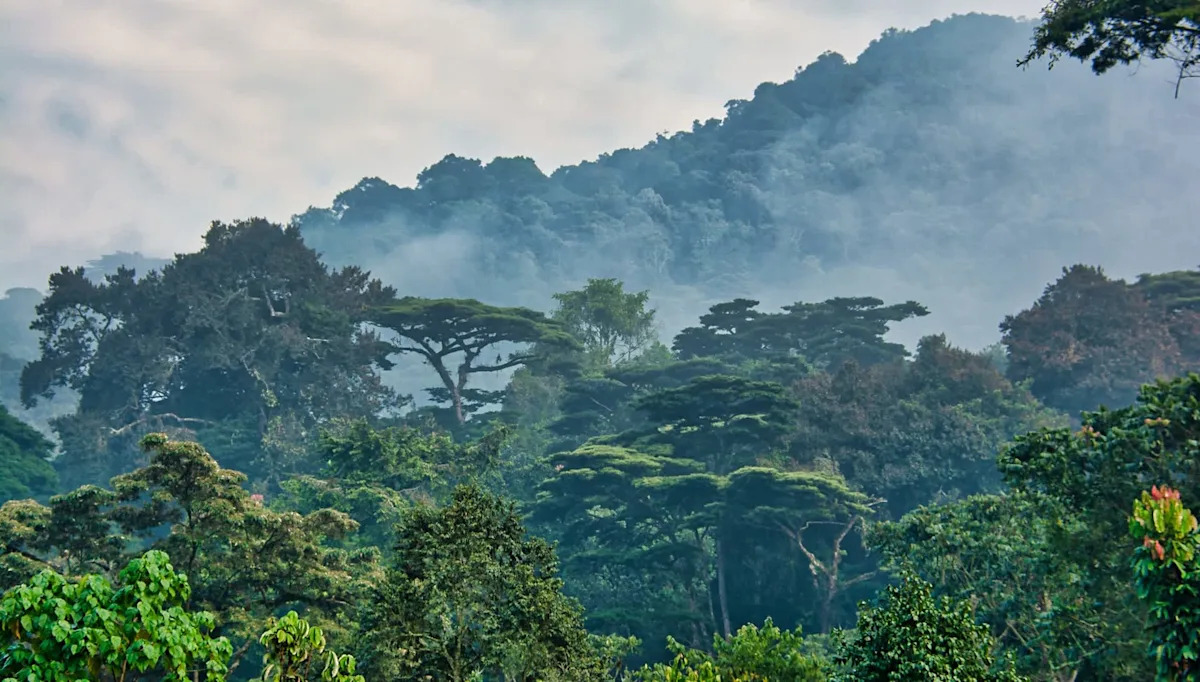Home / Environment / Gorilla Tourism Fuels Conservation and Local Prosperity in Uganda
Gorilla Tourism Fuels Conservation and Local Prosperity in Uganda
23 Oct
Summary
- Gorilla trekking permits in Bwindi National Park generate funds for local communities
- Poachers have reformed and now work to protect the gorillas
- Naming and "humanizing" the gorillas has improved conservation efforts

As of October 2025, mountain gorillas in Uganda's Bwindi Impenetrable National Park are experiencing a remarkable turnaround in their fortunes. The park's thriving tourism industry, centered around gorilla trekking, has not only provided crucial funding for conservation efforts but also empowered local communities to become active stewards of these endangered primates.
Each $800 gorilla trekking permit sold to foreign visitors allocates $10 directly back to the surrounding communities, who also receive 20% of the park's annual entry fees. This economic distribution has been a game-changer, leading to a significant decrease in poaching incidents. In fact, some lifelong poachers have now abandoned their old ways and joined the conservation team, working to protect the very animals they once hunted.
"When community conservation rangers sensitized us, we said, 'Let us reform and stop poaching in the national park of Bwindi,'" said Philemon Mujuni, a former poacher who reformed in 2020. "Through the conservation team from (Bwindi Impenetrable National Park), we get some money from these gorillas we could kill."
Beyond the financial incentives, the park has also taken innovative steps to humanize and protect the gorillas, such as giving most of them individual names. This personalization, combined with the local communities' vested interest in the gorillas' well-being, has created a powerful synergy that is driving conservation efforts forward.
"We are actually all working together to make sure conservation goes well, because we are all benefitting," said Joyleen Tugume, a ranger-guide in the park.
The success of Bwindi's approach to mountain gorilla conservation serves as a model for other regions and species facing similar challenges. By empowering local communities and fostering a sense of shared ownership, Uganda has demonstrated that innovative, holistic strategies can effectively protect endangered wildlife while also improving the lives of the people who live alongside them.



